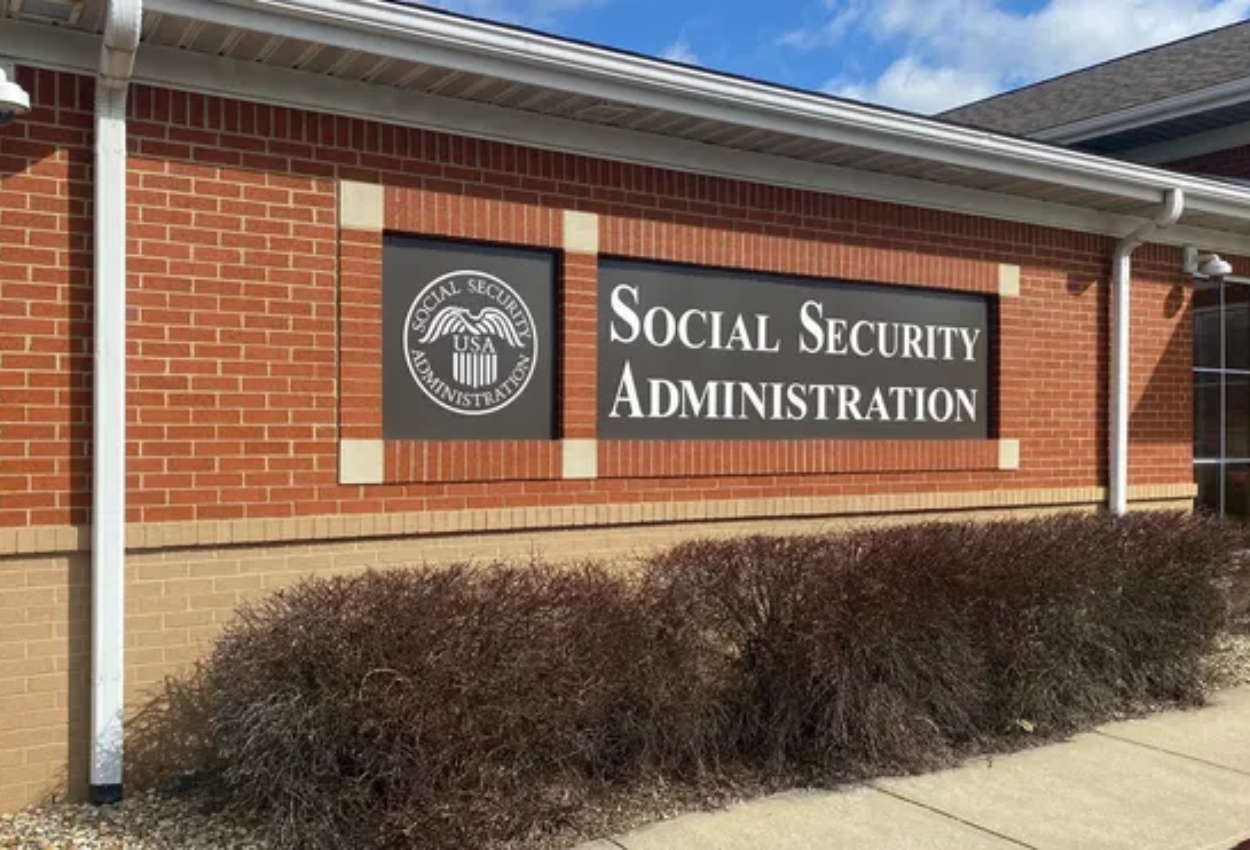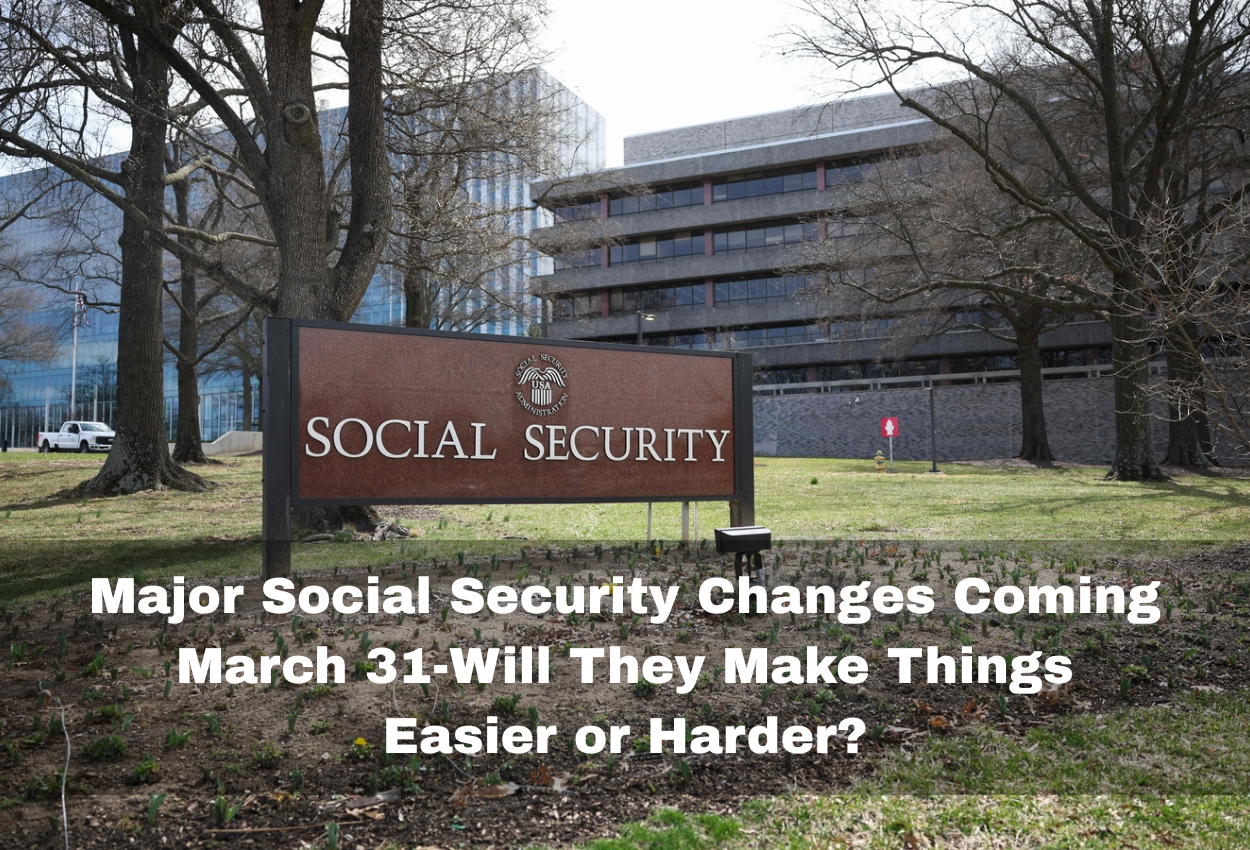Starting today, a new Social Security policy is rolling out that could leave many retirees struggling financially. The Social Security Administration (SSA) has announced a major change in how it collects overpaid benefits—taking 100% of a beneficiary’s monthly check until the debt is repaid. This is a huge jump from the previous 10% deduction limit and is expected to impact many seniors who depend on these payments for their daily expenses.
This new rule applies to new cases of overpayments starting March 27. However, those who were overpaid before that date will still have only 10% of their benefits deducted each month. The change has sparked major concerns among advocates for older Americans, as many retirees rely heavily on Social Security as their primary or even sole source of income.
Why Is This Happening?

The SSA argues that it has a duty to recover funds that were mistakenly overpaid. Acting Commissioner Lee Dudek has defended the decision, stating that recovering these overpayments is essential for maintaining the program’s financial stability. However, critics argue that the policy is unfair to seniors who were not at fault for the overpayments in the first place.
A 2022 report from the agency’s inspector general found that a significant number of overpayments were due to errors within the SSA itself. In many cases, beneficiaries had no idea they were receiving more than they were supposed to. Now, they are being forced to repay the money—often with devastating financial consequences.
How Will This Affect Retirees?
For many seniors, losing their entire Social Security check could mean being unable to afford rent, groceries, or medical bills. According to experts, about 40% of Social Security recipients rely on their benefits for at least 90% of their income. With no warning and little time to adjust, many could face financial hardship or even homelessness.
The policy has sparked outrage, with advocates calling for a more gradual repayment process. They argue that deducting 100% of a person’s benefits is extreme and that the government should find a fairer way to recover the funds.
Can You Avoid a Social Security Overpayment?

One way to avoid being caught in this situation is to keep your records up to date with the SSA. Overpayments often happen due to outdated information—such as an increase in income that isn’t reported in time. Beneficiaries are advised to regularly check their payments and immediately report any unexpected changes.
If you receive an overpayment notice, you also have the right to request a waiver. This can be done through SSA Form 632, which may help you avoid or reduce the repayment amount. Consulting a financial advisor or a Social Security expert can also be beneficial in navigating the process.
Long Wait Times and Customer Service Issues
Another major problem is that getting in touch with the SSA has become increasingly difficult. Due to staff cuts and office closures, wait times for phone calls and in-person visits have skyrocketed. Reports suggest that many calls to the SSA go unanswered, making it even harder for beneficiaries to get help with overpayment issues.
During a recent Senate hearing, lawmakers grilled the SSA’s leadership about these issues. Some even conducted test calls to the agency’s helpline—only to be disconnected multiple times after waiting for an hour or more. This has raised concerns about whether retirees are getting the support they need.
Will Social Security Policies Improve?
The SSA has acknowledged that mistakes in benefit calculations are a problem, but fixing them will require major investments in new technology and staff training. While small improvements may happen over time, experts warn that achieving perfect accuracy in payments will be a tough challenge.
For now, the best advice for Social Security beneficiaries is to monitor their benefits closely, report any changes in their financial situation, and act quickly if they receive an overpayment notice. While the government has the right to recover overpaid funds, many believe that the current approach is too harsh—and that seniors deserve a more compassionate solution.




